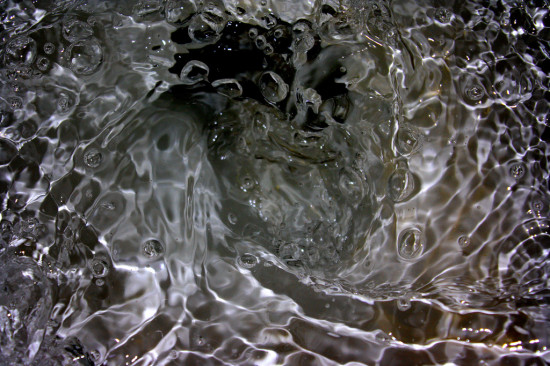
The basic rule of thumb is simple — never flush anything other than human waste and toilet paper. Most people are probably surprised by this limited list of approved flushable items. Chances are, you have flushed many things down your toilet over the course of your lifetime besides toilet tissue and human waste. However, there are certain things which can be harmful to your pipes, as well as the environment, and should never be flushed.
For starters, you never want to flush dental floss. It seems so small and harmless, but dental floss is not biodegradable. It can become twisted and tangled around toilet paper in our pipes and cause disastrous clogs.
While many goldfish owners have sent their deceased pets to a watery grave, flushing fish and other pets (hamsters, gerbils, etc.) is never a great idea. They do not break down quickly, and can cause clogs. More importantly, they can introduce and spread possible diseases into a septic system and water supply.
Paper towels, baby wipes, cleaning wipes, feminine hygiene products such as tampons, and facial tissue should never be flushed. They are much thicker than toilet tissue, therefore they do not break down as well in your pipes. All of these items are clog hazards.
Another important item to never flush is medication, both prescription and over-the-counter. These medications are simply a mixture of chemicals. By flushing them, you are introducing these chemicals into the sewer system, and most water treatment stations are not equipped to successfully remove these chemicals from the water supply. The same rule applies to pesticides and cosmetics, which also contain chemicals that are unsafe for the water supply.
It seems obvious, but disposable diapers are not meant to be disposed of in the toilet. They are made of plastic, and you are asking for a small disaster by flushing them down your toilet.
Kitty litter should never be flushed, especially the kind that is made of clay. It is advisable to even be cautious of the “flushable” kind. Toxoplasmosis, a parasite found in cat waste, is in the kitty litter which you are flushing. Toxoplasmosis can be harmful to marine biology.
Cotton balls and Q-tips do not break down, and can cause potential clogging. Be sure to dispose of these items in a trash can, and do not ever flush them.
Other non-flushable items are grease, food fat, dirt, bandaids, condoms, hair, food scraps, and cigarette butts.
At one point or another, we have all been guilty of using our toilet as a trash can. However, it is important to be aware of the potential hazards of clogging your drains with items which were never intended to be flushed. It is also imperative to remember that a lot of these items contain potentially hazardous chemicals and toxins and are capable of polluting our water supply. Stick to the rule of flushing nothing but toilet tissue and human waste.
(Photo courtesy of cwpatterson11)
I work as a freelance writer, and my passion is storytelling. I write blogs, feature articles, poetry, short stories, children’s stories, and I’m currently writing a novel.
Comments